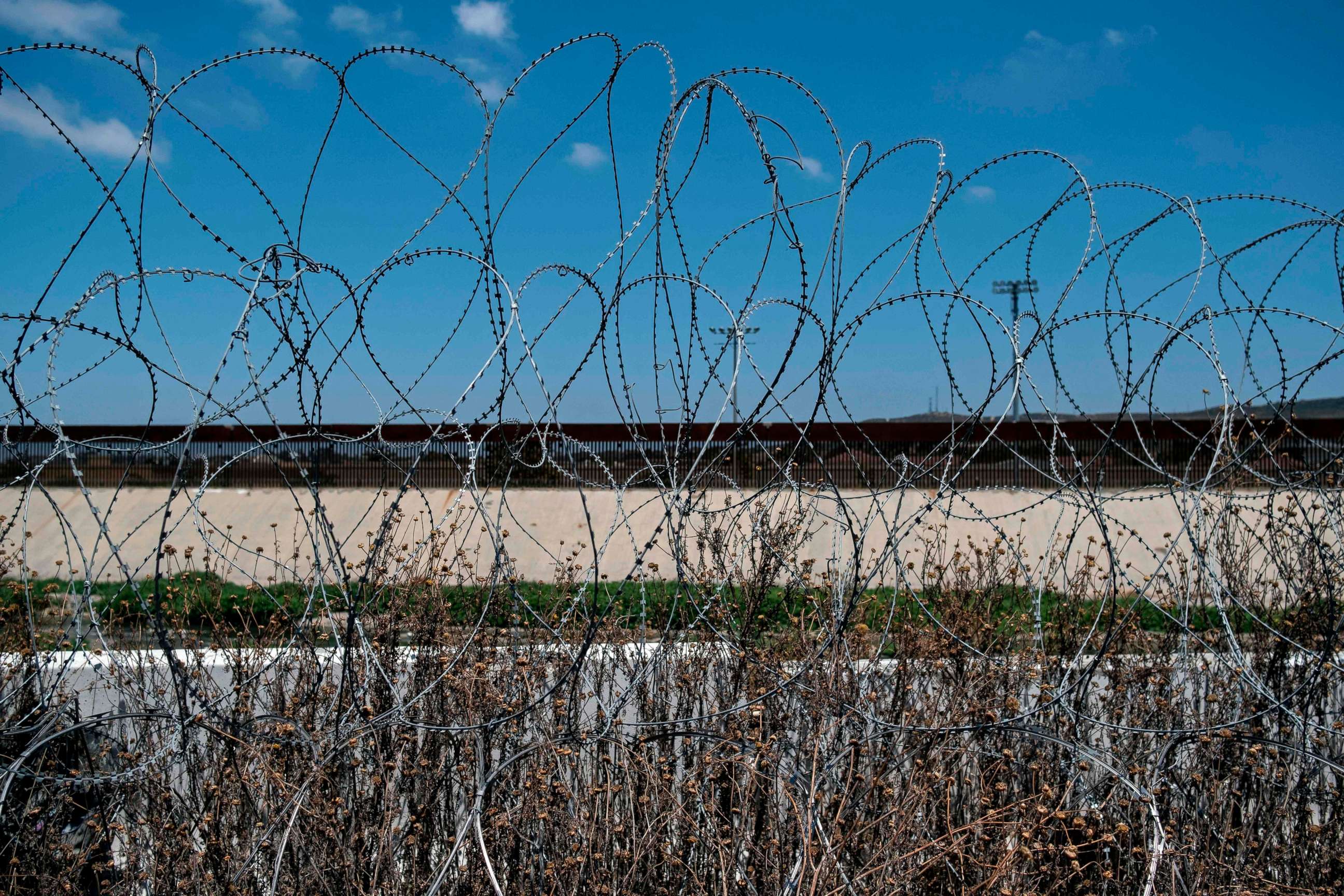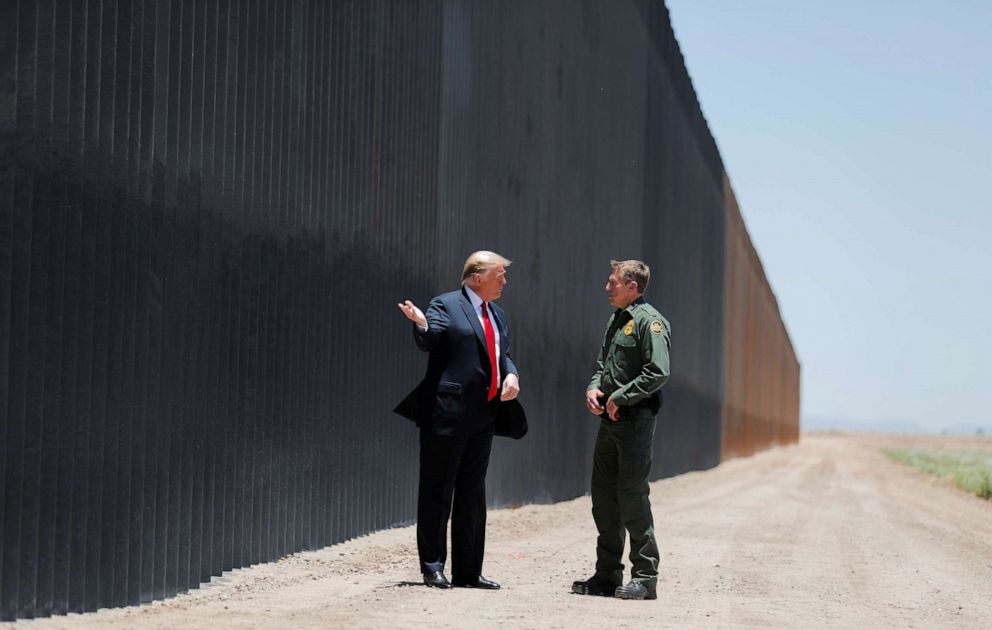Judge blocks removal of Honduran teen being deported under CDC coronavirus rule
It’s the second time the move was blocked in court.
A federal judge on Wednesday temporarily barred the Trump administration from deporting a 16-year-old Honduran boy pending a decision on a controversial public health order that limits opportunities for migrants to apply for asylum.
The decision marked a momentary victory for immigrant advocates in a case that examines whether the Trump administration improperly used the COVID-19 health crisis to remove migrant children through a Centers for Disease Control and Prevention order that suspends entry into the U.S. of people migrating through Mexico and Canada, regardless of country of origin, based on the possible introduction of COVID-19 into the country.
D.C. District Court Judge Carl Nichols ruled in favor of advocacy groups, led by the ACLU, which filed the first legal challenge to a CDC order earlier this month. It’s the second time the teen's removal from the U.S. was blocked in court.

Lawyers for the teen, who is identified by the initials J.B.B.C, said he faced persecution and likely torture if sent back to Honduras. Wednesday’s ruling only prevents his removal from the country while the court reviews the border restrictions.
"This is a critical ruling," ACLU attorney Lee Gelernt said Wednesday. "Never before in the history of this country has the government claimed public health laws allow it to expel people."
Tune into ABC at 1 p.m. ET and ABC News Live at 4 p.m. ET every weekday for special coverage of the novel coronavirus with the full ABC News team, including the latest news, context and analysis.
The decision was a blow to Trump administration officials who argue their implementation of the CDC order is lawful and necessary to stem the spread of coronavirus and prevent outbreaks among those detained. Immigration officials have cited the order -- which was amended in May to include immigrants regardless of their country of origin -- to facilitate the rapid removal of migrants from the southern border since late March.
"This order has been one of the most critical tools the Department has used to prevent the further spread of the virus and to protect the American people, DHS frontline officers, and those in their care and custody from COVID-19," Acting Homeland Security Secretary Chad Wolf said in a statement when the order was extended indefinitely last month.

Typically, when agents find minors without a parent or guardian, the child is transferred to the Department of Health and Human Services which works to reconnect them with a guardian or sponsor. But this process has been largely overridden by the CDC order, with few minors making it to shelters.
Customs and Border Protection made about 21,475 arrests last month, including about 1,000 arrests of unaccompanied children. The HHS Office of Refugee resettlement received just 39 minors last month, down from 2,272 in February before the order was enacted.
While international travel has dropped dramatically as a result of COVID-19, separate restrictions in place at the southern border for travelers with documents include broad exemptions for anyone arriving for work or school. These limits are set to continue through most of July as Canada, Mexico and the U.S. continue to discuss the terms.
What to know about coronavirus:
- How it started and how to protect yourself: coronavirus explained
- What to do if you have symptoms: coronavirus symptoms
- Tracking the spread in the US and Worldwide: coronavirus map




